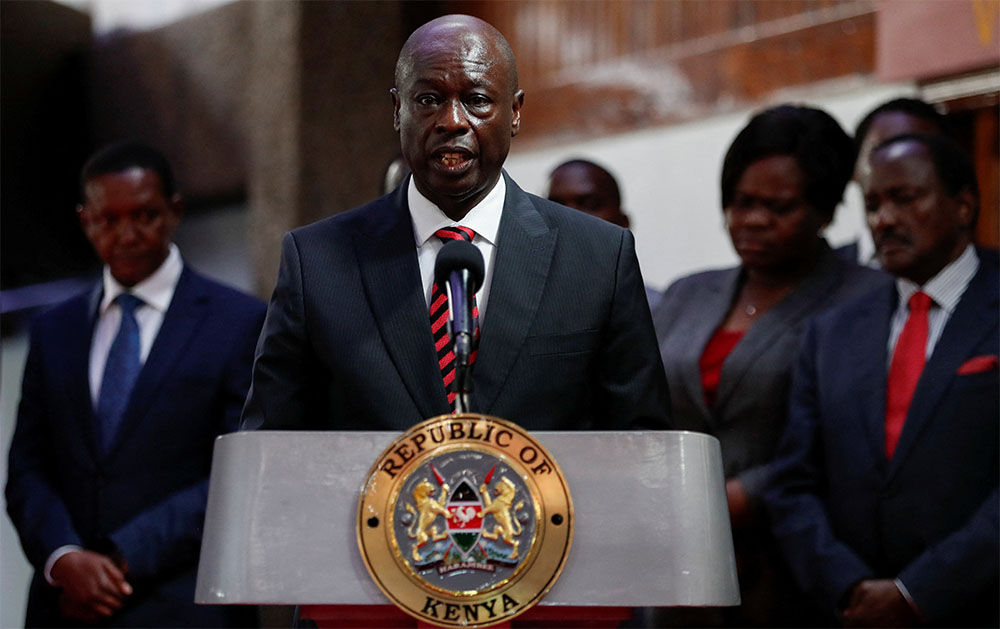
The impeachment process for a deputy president can be initiated based on the following grounds:Gross violation of the Constitution or any other law, Commission of a crime under national or international law,Gross misconduct or physical or mental incapacity to perform the functions of the office.
In Gachagua's case, the accusations include making inciteful public remarks, undermining President William Ruto and his Cabinet, interfering with the Nairobi County leadership, attacking a High Court judge, and bullying. He is also accused of engaging in divisive ethnic politics and making controversial statements suggesting the government is a "company" with some citizens being "major shareholders" while others have none.
After the grounds for impeachment have been set, The motion is tabled to the National Assembly. The impeachment motion was tabled in the National Assembly on October 1, 2024, by Mwengi Mutuse, the MP for Kibwezi West. He presented several charges against Gachagua, including divisive ethnic politics, reckless demolitions in the Mavoko area of Machakos County, and inflammatory remarks. Mutuse called on parliamentarians to back the impeachment, highlighting Gachagua's failure to live up to his role as Deputy President.The motion garnered significant support, with 291 MPs signing the motion, far surpassing the 117 required to initiate the impeachment process.
On October 8, 2024, the National Assembly held a heated 12-hour debate over the impeachment motion. Gachagua defended himself against the charges, armed with a 500-page dossier. Despite his efforts, the motion was approved by 281 MPs, meeting the required two-thirds majority. Only 44 members opposed the motion, with one abstention.
The impeachment process now moves to the Senate, where an 11-member special committee will be formed to investigate the charges against the Deputy President. This committee will present its findings to the entire Senate, and Gachagua will have the opportunity to cross-examine the evidence brought against him.
For Gachagua to be removed from office, two-thirds of the Senate (45 out of 67 Senators) must vote in favor of his impeachment after the trial and debate. If this threshold is met, he will be officially removed from office. However, if impeached, Gachagua has the right to challenge the decision in court, though the courts will only review the process for constitutional compliance, not the political merits of the impeachment.
The outcome of the Senate trial will determine Gachagua's political future and the stability of Kenya's current government, as the Deputy President faces a critical juncture in his career.
















